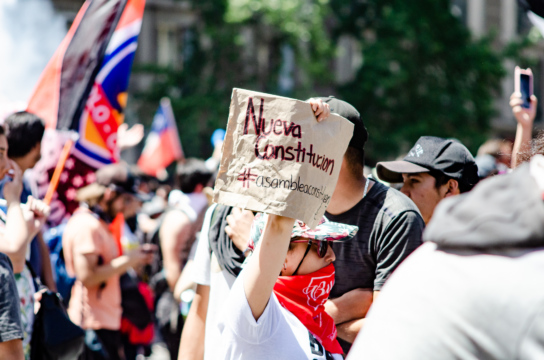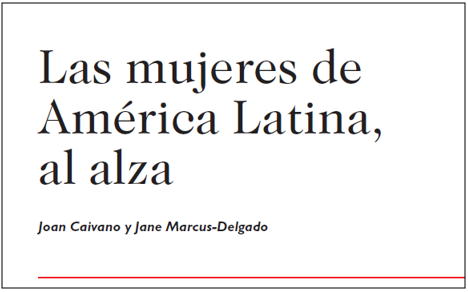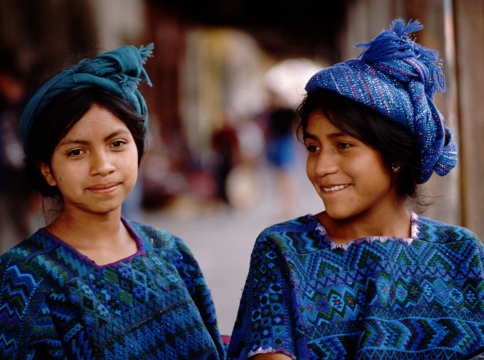
Fiscal Policy, Inequality & the Ethnic Divide in Guatemala
Guatemala is among the most unequal countries in Latin America. Fiscal policy has done very little to reduce inequality and poverty overall and along ethnic lines.
Guatemala is among the most unequal countries in Latin America. Fiscal policy has done very little to reduce inequality and poverty overall and along ethnic lines.
Which countries are doing the best job of helping lift individuals and families out of poverty?
CEQ Working Paper No. 37: El Impacto Del Sistema Tributario y el Gasto Social en la Distribución del Ingreso y la Pobreza en América Latina: Argentina, Bolivia, Brasil, Chile, Colombia, Costa Rica, Ecuador, El Salvador, Guatemala, Honduras, México, Perú y Uruguay
Despite economic progress, Latin America has failed to address the plight of poverty. Why has inequality persisted?
CEQ Working Paper No. 45: Taxes, Expenditures, Poverty and Income Distribution in Argentina
With regional growth expected to be relatively low this year, will efforts at poverty reduction remain stalled?
Latin America inequality gap, economic integration, and infrastructure and education systems were among the issues spotlighted at the XVII Annual CAF Conference.
Good fiscal policy not only promotes macroeconomic stability and growth, it is also a powerful tool for directly reducing poverty and inequality.
Even before a massive earthquake transformed much of the capital city of Port-au-Prince into rubble, Haitians were already bound together by the shared trauma of collective memory.
Since achieving independence in 1804 to become the world’s first free black state, Haiti has been beset by turbulent, often violent, politics and a gradual but seemingly unstoppable slide from austerity to poverty to misery.
Poverty and inequality have dropped sharply in most of Latin America and the Caribbean in the past decade.
Educational inequality is a critical issue in Latin America. The Inter-American Guide on Strategies to Reduce Educational Inequality presents ten policy strategies that have proven effective at reducing levels of educational inequality.
On December 10, 2019, the Inter-American Dialogue hosted the event “Upheavals in Chile & Bolivia” featuring panelists Roberto Laserna, president of the Fundación Milenio and director of CERES; Fernando Molina, Bolivian author and journalist; and Lucía Dammert, associate professor at Universidad de Santiago de Chile. The event was moderated by Michael Shifter, president of the Inter-American Dialogue.
A widespread sentiment of dissatisfaction and lack of fairness is driving protests across the region.
In this report, Joan Caivano from the Inter-American Dialogue and Jane Marcus-Delgado from CUNY analyze Latin American women’s advance into positions of leadership and then highlight areas where important obstacles remain.
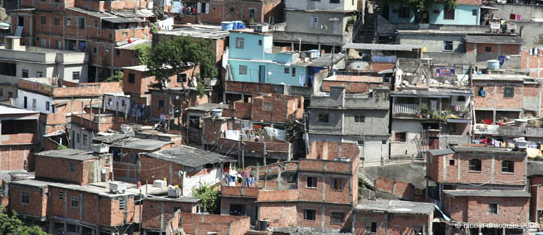
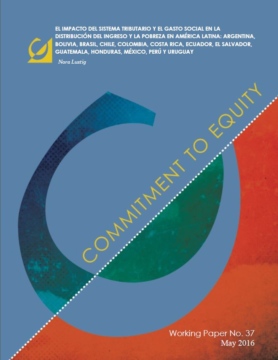

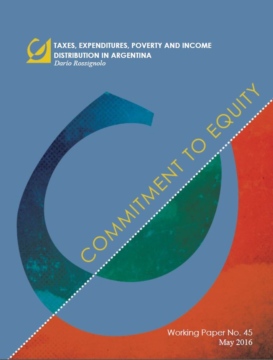
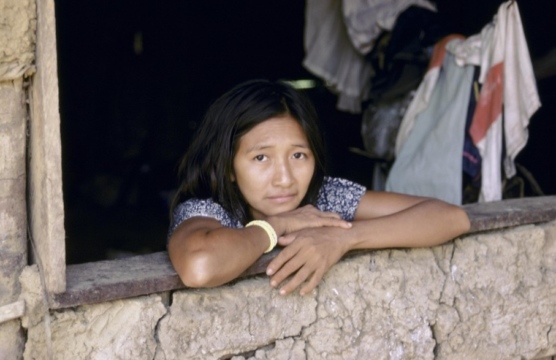
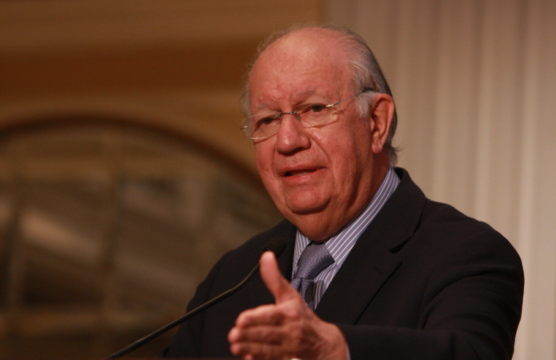
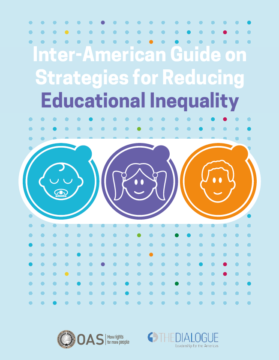
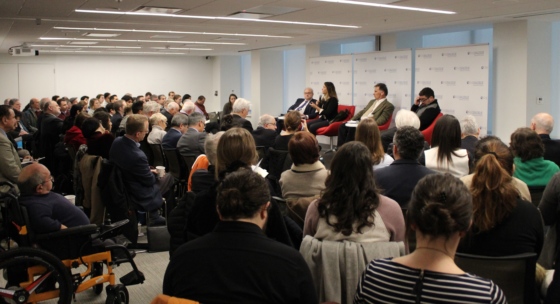 Video
Video
